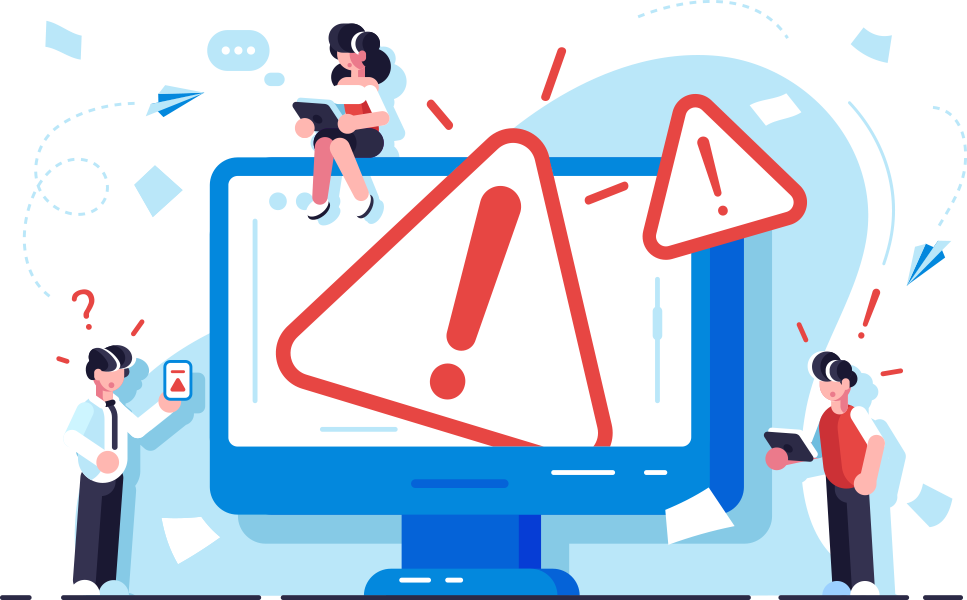- Does my site really need an SEO audit?
Definitely. Whether you’re in the middle of setting up a new website with tons of content or even if your site has been up for a while, chances are you’re looking to implement fresh SEO strategies to raise your page rankings. An audit will ensure that you’re up to date with the latest algorithm updates or on par with your industry rivals.
- How often do I need to do an SEO audit?
Since SEO is rapidly evolving and specialists can only adapt to the changes as they go live, it’s wise to do an audit regularly. The recommended time frame is about every six months. This can also give you a proper avenue to make any major revamps to your SEO tactics.
- Can’t I do SEO audit on my own?
Yes, you can—but it’s a long and arduous process, from learning what to do to actual implementation. While a routine SEO audit is definitely important, you’d be better off spending more of your time growing your business and hitting your core business goals.
- How can I be sure that an SEO audit brings value to my business?
Spiralytics Agency’s SEO audits include reports that clearly show the impact of our service to your site, such as better page rankings, higher domain authority, and other metrics that are important to the growth of your business.
- Will my website data be kept confidential?
Rest assured that you are working with professionals here in Spiralytics Agency. We do our SEO audits with the utmost care and respect for the data of our clients. We will never sell your data to any third-party organization.
- How long will the SEO audit take?
This largely depends on the size of your website, the content currently published, and how intact your most recent SEO efforts are still functioning. On average, it could take five to seven working days to accomplish a full audit with reports included.
- Can I ask questions about the SEO audit report you make for me?
Most definitely! Our experts will be happy to answer any follow-up questions you may have and are open to discussing the contents of our reports.
- Will you be the one to implement the recommendations from the SEO audit?
Yes, we will. Since Spiralytics Agency is a full-service digital marketing agency, we can implement the necessary changes we believe can boost your site’s performance in terms of SEO.

















